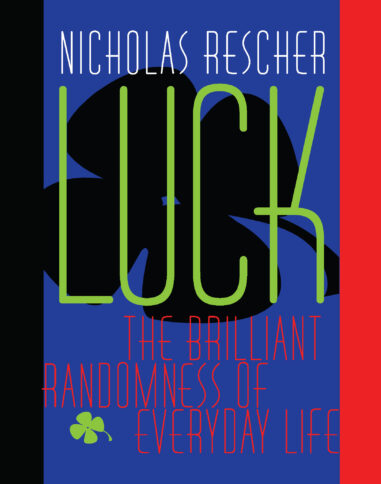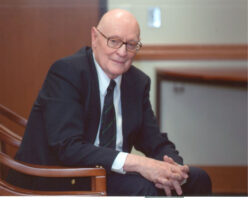

Paperback $35.00
Also available in Kindle
Request Exam or Desk Copy. Request Review Copy
Luck
The Brilliant Randomness Of Everyday Life
What is the nature of luck? What role has it played in history? These questions and many more are tackled in this unique book, which looks at luck from multiple perspectives, including how language shapes the way we think about luck; the differences between luck, fortune, and fate; the history of the idea of luck in the Western tradition; and the impossibility of shaping or directing luck. Rescher has no use for such superstitions as rabbit's feet or knocking on wood, but he supports the belief that luck favors the prepared . . . [and] contends that, without luck, life as we know it would be unsustainable, that the randomness of good and bad luck gives life the spice that makes it palatable. This is a fascinating look at an underexplored topic.

